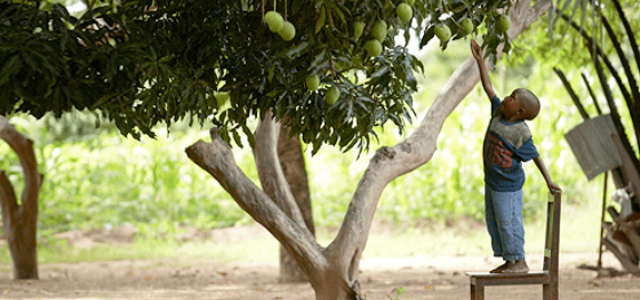Nature-Inspired Discovery of Novel Anti-Klebsiella Drugs
Joleen Masschelein of the VIB-KU Leuven Center for Microbiology in Belgium, with Paul Jensen of the University of California San Diego in the U.S., Lone Gram of Danmarks Tekniske Universitet in Denmark, Gilles van Wezel of Leiden University, Jos Raaijmakers of Netherlands Institute of Ecology, Bart Keijser of Netherlands Organisation for Applied Scientific Research all three in The Netherlands, Olga Genilloud at Medina in Spain and Nigel Mouncey at the Joint Genome Institute in the U.S., will apply ecology-inspired strategies to discover new antibiotics active against multidrug-resistant Klebsiella pneumoniae. The team will combine culture-independent metabolite capture, elicitation-based activation of microbial chemistry, high-throughput microfluidics, multi-omics and synthetic biology to access previously hidden natural product diversity from marine, plant, and human-associated microbiomes. Novel compounds will be prioritized, structurally characterized, and profiled for activity and safety to identify promising antibiotic scaffolds and mechanisms of action.
This grant is funded by The Novo Nordisk Foundation.






